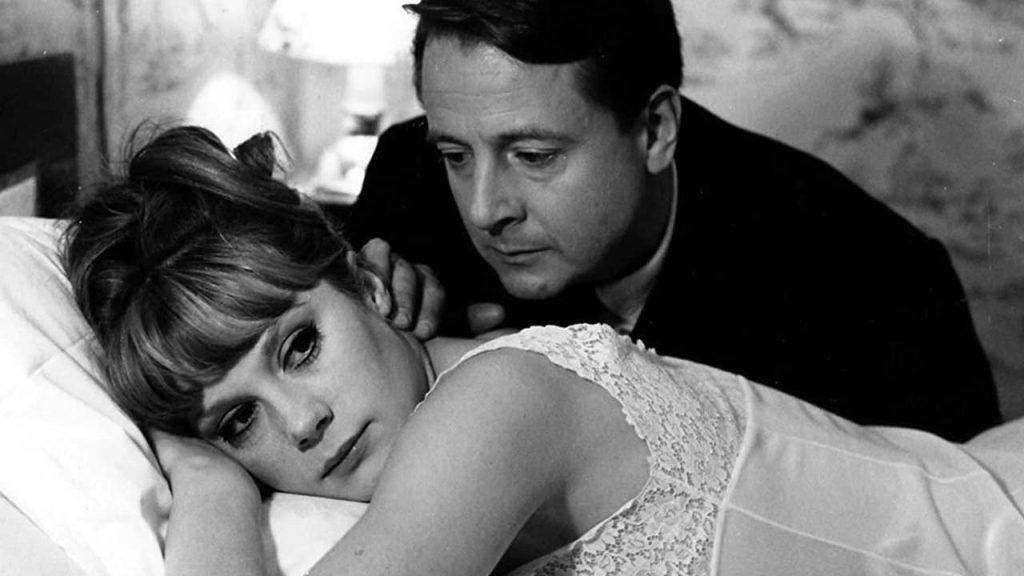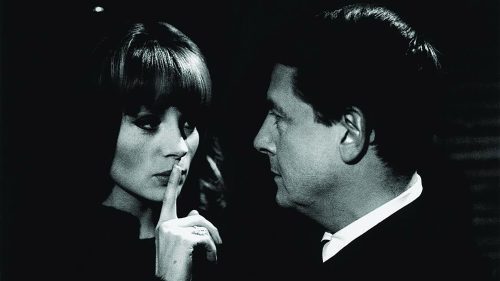
Truffaut, as we know, shot La Peau douce douce as opposed to Jules e Jim (and later Domicile conjugal as opposed to La Peau douce). This splendid film – booed at the time at Cannes – describes with very tight editing a bourgeois adultery, all lies and fear, with a tragic conclusion (much criticized, but taken from a news story). Pierre Lachenay, a famous intellectual, is fascinated by a young stewardess but terrified at the idea of being caught in the act. Weak of character, clumsy in subterfuge (a gaffeur, Truffaut said). Although Pierre, an anti-Antoine Doinel, is the opposite of Truffaut, there is a disturbing autobiographical element in the film: his apartment is that of the Truffauts, who were separating. Robert Lachenay, who gives the protagonist his surname, was not only a great friend, but an alter ego of Truffaut, who signed several of his articles Lachenay.

The soft skin describes with a very tight editing a bourgeois adultery, all lies and fear, with a tragic conclusion (much criticized, but taken from a real story). Pierre Lachenay, a famous intellectual, is fascinated by a young stewardess but terrified of being caught out. We...
Truffaut had recently interviewed Hitchcock for his famous book and with his co-screenwriter Jean-Louis Richard he fed on Hitchcockian films. In La Peau douce Hitchcock’s influence is therefore strong. The famous elevator scene is rightly often cited as an example of time dilation; but it is enough to observe the editing of the glances to recognize Hitchcock immediately and surely. In the adventures of Lachenay in Reims there is the Hitchcockian mechanism of obstacles in succession; but also a touch of humor when in a hotel for couples we see a lookalike of Tati’s M. Hulot enter with a blonde!